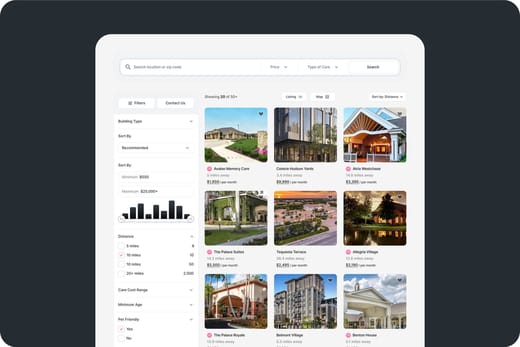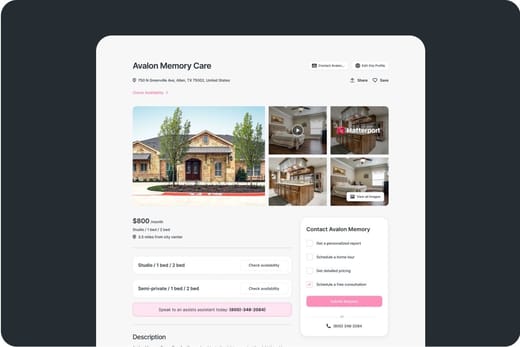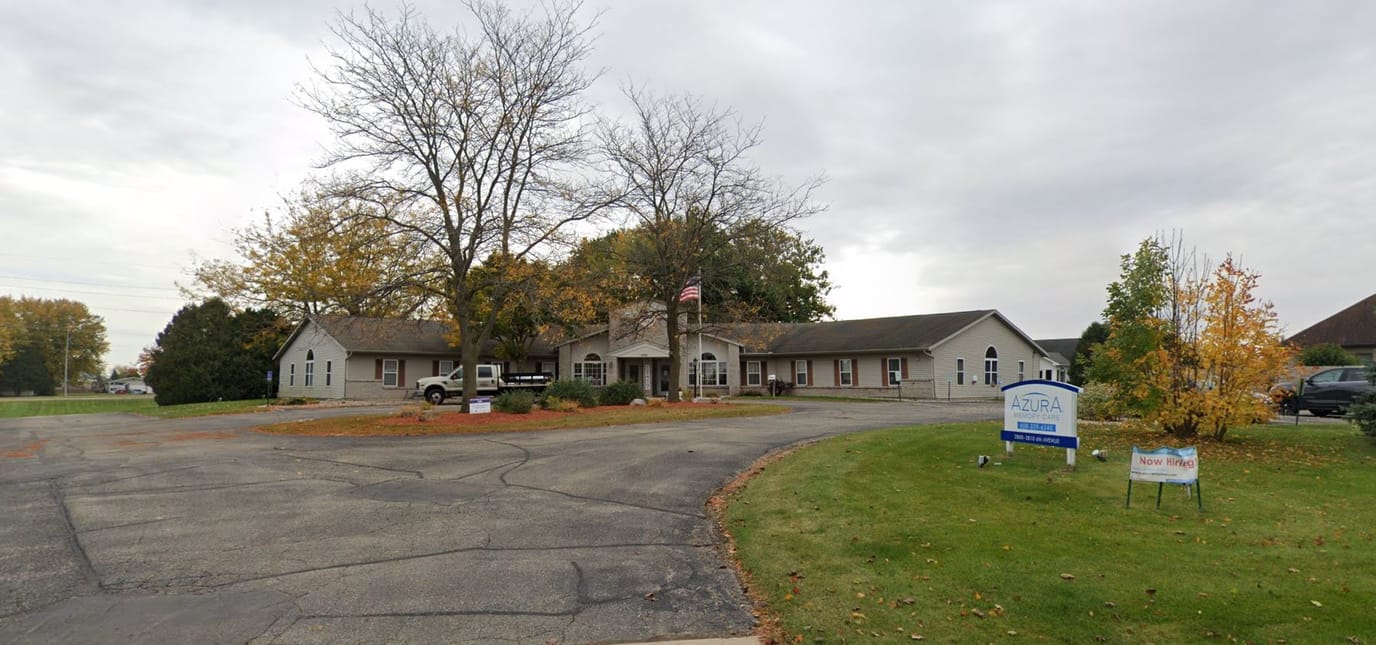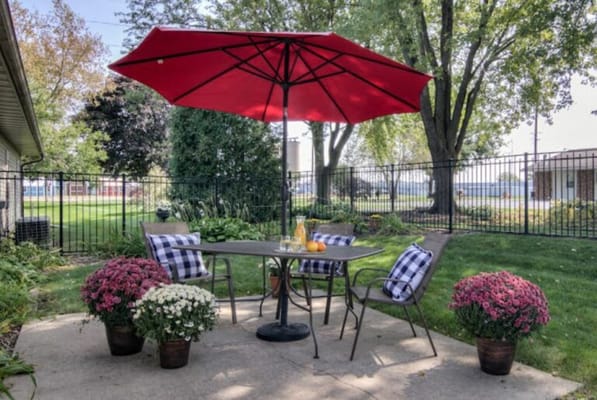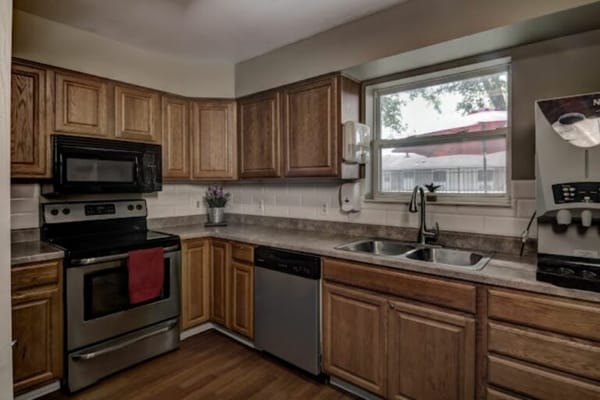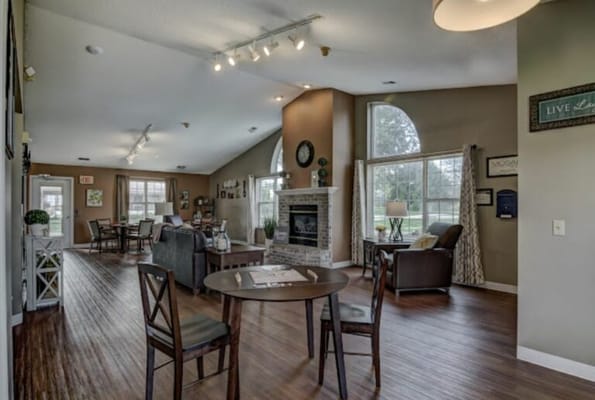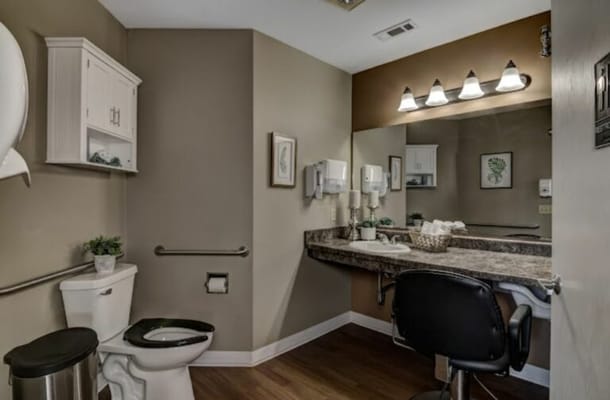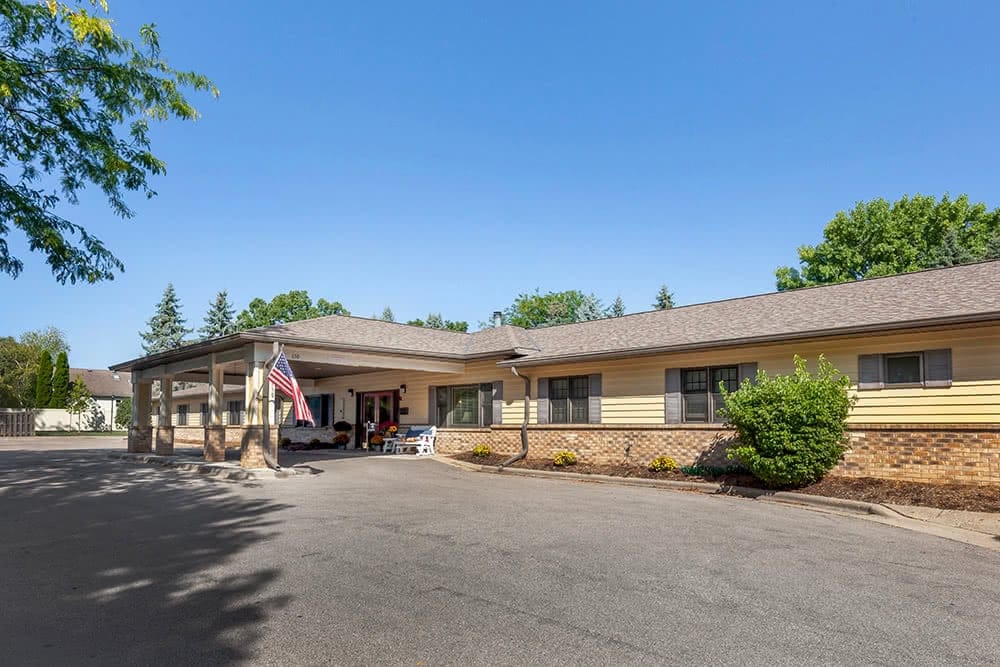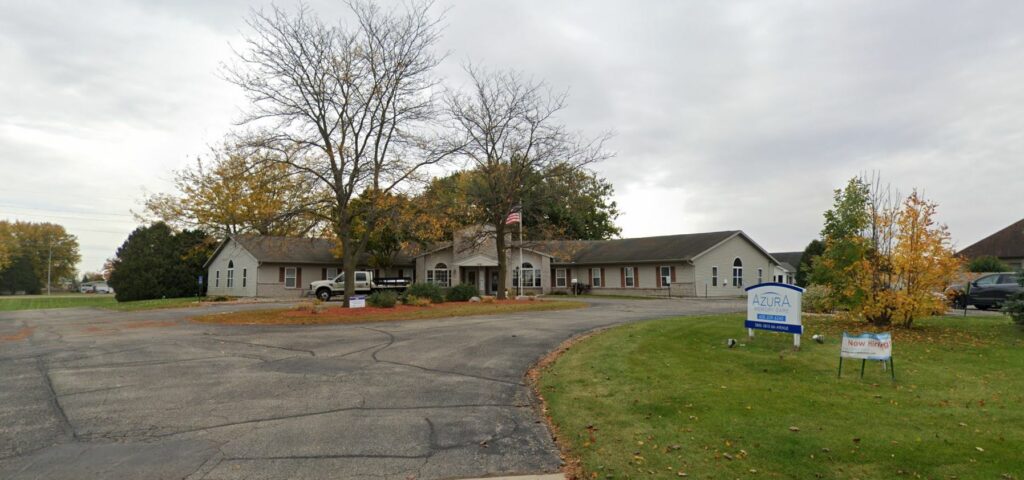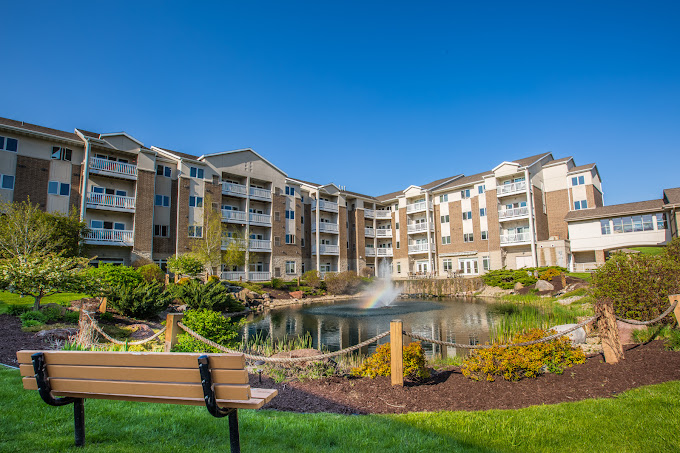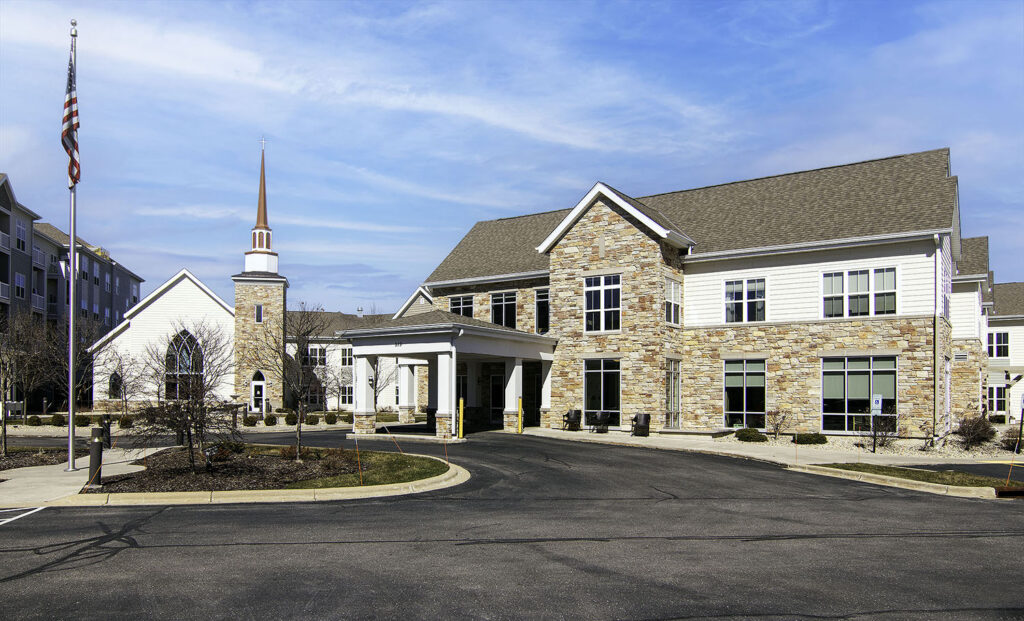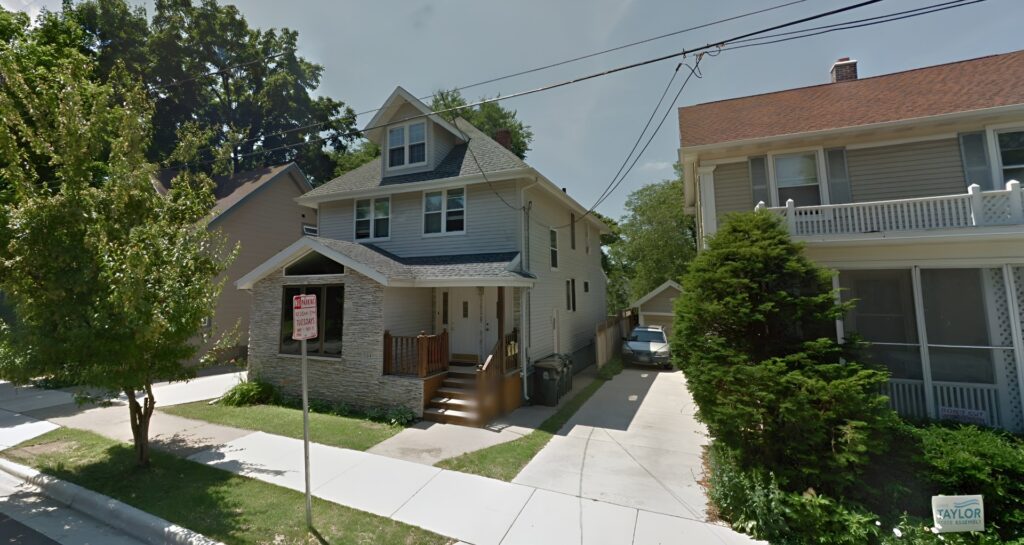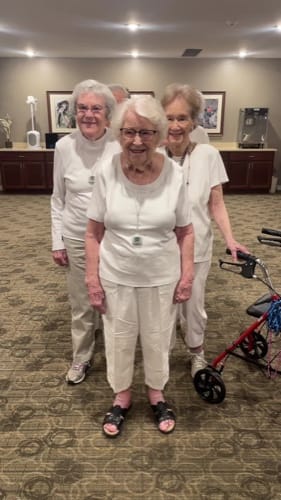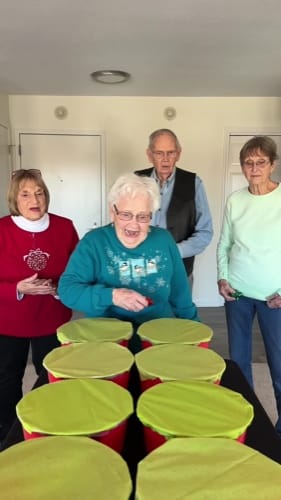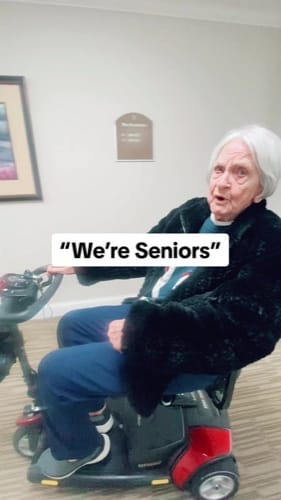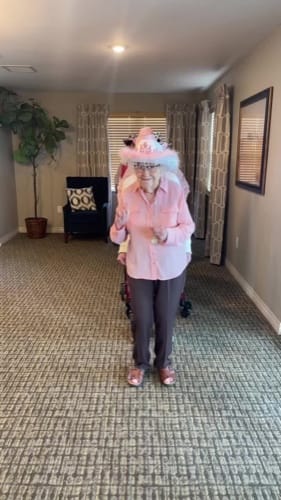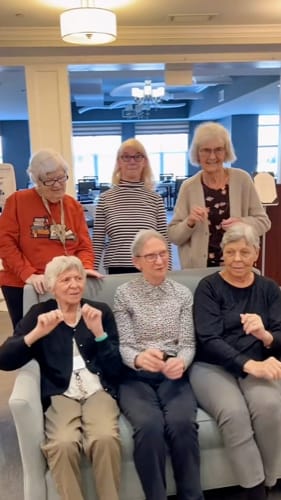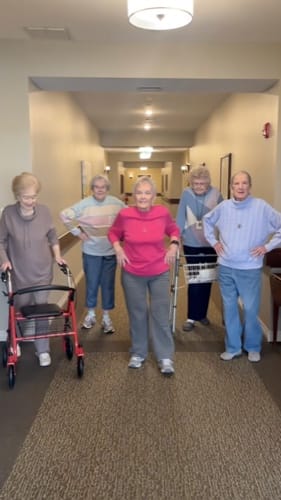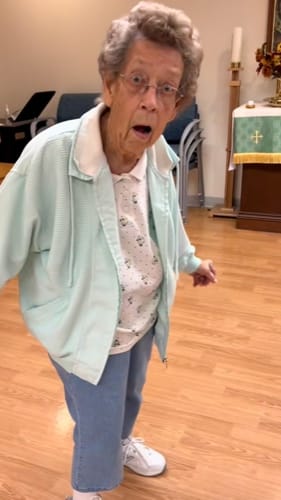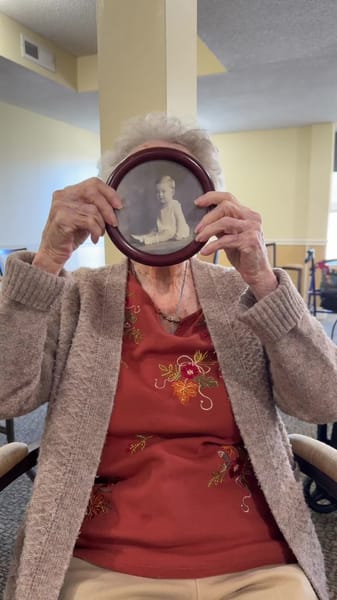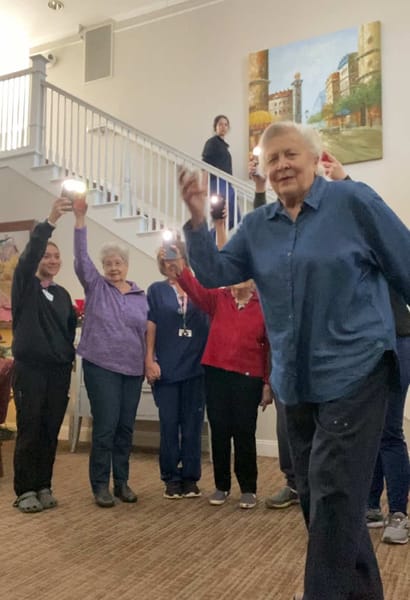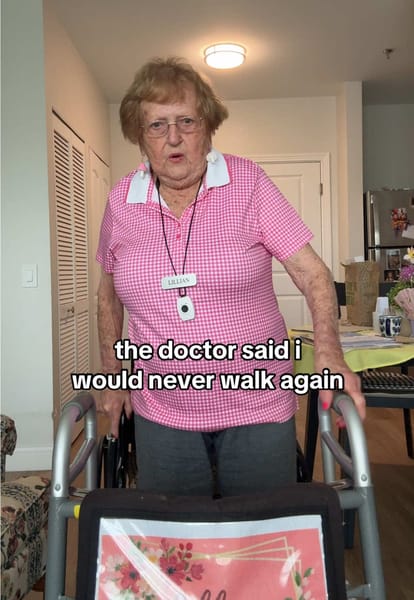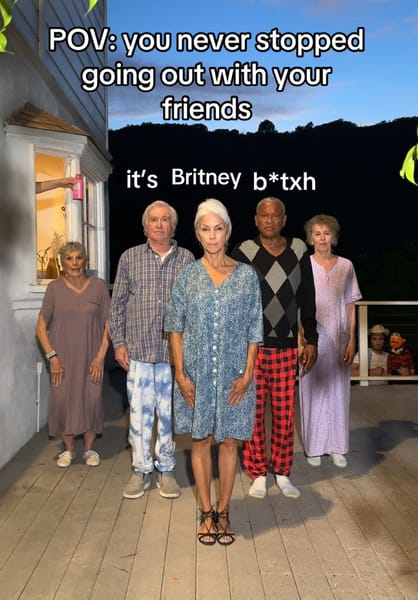Azura Memory Care of Monroe
Azura Memory Care of Monroe is an Assisted Living Home in Wisconsin
Azura Memory Care of… is an Assisted Living Home in Wisconsin
Azura Memory Care of Monroe
Azura Memory Care of Monroe is an Assisted Living Home in Wisconsin
Azura Memory Care of… is an Assisted Living Home in Wisconsin
Settling in 6th Avenue, Monroe, WI, Azura Memory Care is an exceptional senior living community focusing on individuals with early to late stage dementia and Alzheimer’s disease. With the community’s exclusive MOSAIC training and compliance with the Alzheimer’s Association’s Guidelines for Dignity, Azura Memory Care provides 24/7 high-quality care and assistance from a kind, compassionate, and well-trained team.
Experience care like no other and enjoy wonderful amenities and company from loving residents and a wonderful team. Azura Memory Care fosters meaningful connections with trusted home health providers to ensure the utmost care and assistance for its residents. With healthy and hearty meals prepared daily, the seniors’ satisfaction is ensured. Amenities include optometry, podiatry, and dentistry services, and beauty and barber services.
Ariel Gonzales serves as the Executive Director at Azura Memory Care of Monroe. As the community leader, Ariel oversees daily operations and ensures a supportive environment for residents and staff, demonstrating a commitment to quality care and community well-being.
What does this home offer?
Building Type: Single-story
Care Cost
Types of Care at Azura Memory Care of Monroe
Comparison Chart
The information below is reported by the Wisconsin Department of Health Services, Division of Quality Assurance.Memory Care Specialized care for those with Memory Loss, Alzheimer's, or dementia, ensuring safety and support.
Assisted Living For seniors needing help with daily tasks but not full-time nursing.
Memory Care Specialized care for those with Memory Loss, Alzheimer's, or dementia, ensuring safety and support.
Assisted Living For seniors needing help with daily tasks but not full-time nursing.
Independent Living For self-sufficient seniors seeking community and minimal assistance.
Memory Care Specialized care for those with Memory Loss, Alzheimer's, or dementia, ensuring safety and support.
Assisted Living For seniors needing help with daily tasks but not full-time nursing.
Independent Living For self-sufficient seniors seeking community and minimal assistance.
Memory Care Specialized care for those with Memory Loss, Alzheimer's, or dementia, ensuring safety and support.
Assisted Living For seniors needing help with daily tasks but not full-time nursing.
Places of interest near Azura Memory Care of Monroe
1.3 miles from city center
2810 6th Ave, Monroe, WI 53566
Calculate Travel Distance to Azura Memory Care of Monroe
Add your location
Guides for Better Senior Living
Care Cost Calculator: See Prices in Your Area
Nursing Home Data Explorer
Don’t Wait Too Long: 7 Red Flag Signs Your Parent Needs Assisted Living Now
The True Cost of Assisted Living in 2025 – And How Families Are Paying For It
Understanding Senior Living Costs: Pricing Models, Discounts & Financial Assistance
Claim What’s Yours: Financial Aid for Wisconsin Seniors
- General: Age 65+ or disabled, Wisconsin resident, Medicaid-eligible, long-term care need.
- Income Limits (2025): ~$2,829/month (300% FBR, individual).
- Asset Limits: $2,000 (individual), $3,000 (couple).
- WI Specifics: Managed care model; rural/urban balance.
- Services: Personal care (5-7 hours/day), respite (240 hours/year), adult day care ($65/day), home modifications ($1,500 avg.).
- General: Caregiver of someone 60+ (or with dementia), Wisconsin resident.
- Income Limits: No strict limit; prioritizes low-income.
- Asset Limits: Not applicable.
- WI Specifics: High rural demand; ADRC coordination.
- Services: In-home respite (4-6 hours/day), adult day care (~$65/day), short-term facility care (up to 5 days).
- General: Age 65+ (or disabled 18+), WI resident, Medicaid-eligible, NFLOC.
- Income Limits (2025): ~$2,829/month; QIT optional.
- Asset Limits: $2,000 (individual), $3,000 (couple).
- WI Specifics: Flexible budget; serves ~20,000; participant hires caregivers.
- Services: Personal care (custom hours), respite, home mods, equipment, transportation, support services.
- General: Age 65+, WI resident, US citizen/qualified immigrant, not on full Medicaid.
- Income Limits (2025): ~$24,980-$34,980/year (Level 1-2B, individual); varies by level.
- Asset Limits: None.
- WI Specifics: Four benefit levels; serves ~50,000 annually.
- Services: $5 generic/$15 brand copays (Level 1); deductibles ($500-$850) for higher levels; covers most Rx drugs.
- General: Age 65+ or disabled, WI resident, Medicare Part A/B.
- Income Limits (2025): ~$2,510/month (QMB), ~$3,380/month (SLMB), ~$3,598/month (QI)—individual.
- Asset Limits: $9,430 (individual), $14,130 (couple).
- WI Specifics: Includes Extra Help for Part D; no waitlist.
- Services: Covers Part B premiums ($174.70/month), deductibles ($240/year), copays (~20%).
- General: Age 60+ prioritized, WI resident, low-income household.
- Income Limits (2025): ~$3,970/month (185% FPL).
- Asset Limits: Not assessed.
- WI Specifics: Covers gas, electric, wood; crisis aid available.
- Services: Heating/electric aid ($300-$1,000/season), crisis aid ($500 max), weatherization.
- General: Age 55+, unemployed, low-income, WI resident.
- Income Limits (2025): ~$1,983/month (125% FPL).
- Asset Limits: Not specified.
- WI Specifics: Priority for veterans, rural residents; Goodwill/AARP partnership.
- Services: Paid training (~20 hours/week at ~$7.25/hour), job placement.
- General: Age 65+ or disabled veteran/spouse, WI resident, wartime service, ADL help (A&A) or homebound.
- Income Limits (2025): Net income < ~$1,984/month (veteran with dependent, A&A); pension offsets income.
- Asset Limits: ~$155,356 (net worth).
- WI Specifics: High rural veteran use; supports care costs.
- Services: Cash (~$1,433-$2,642/month veteran, ~$951-$1,318 spouse) for care costs.
- General: Age 65+, WI resident, homeowner, live in home 6+ months/year.
- Income Limits (2025): ~$24,980/year (household).
- Asset Limits: Home equity < $500,000; limited other assets.
- WI Specifics: Saves ~$500-$1,500/year; interest ~2%-3%.
- Services: Deferred tax payment (~$500-$1,500/year avg.).
- General: Age 60+, WI resident, low-income.
- Income Limits (2025): ~$2,322/month (185% FPL).
- Asset Limits: Not assessed.
- WI Specifics: Vouchers (~$45/season); serves ~15,000 annually.
- Services: Vouchers (~$45/season) for produce at farmers’ markets.
Your Senior Care Partner, Every Step of the Way
We help families find affordable senior communities and unlock same day discounts, Medicaid, and Medicare options tailored to your needs.
Contact us Today
Touring Checklist for Senior Living
Touring a community? Use this expert-backed checklist to stay organized, ask the right questions, and find the perfect fit.
Location
Community Spaces and Overall Environment
Services
Staffing
Accommodations
Finances
Other Notes
Send Checklist to Your Email
We'll send you a PDF version of the touring checklist.

